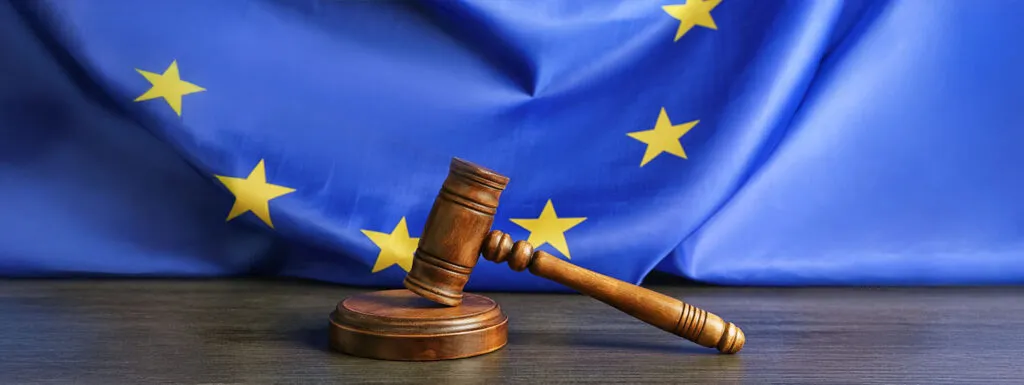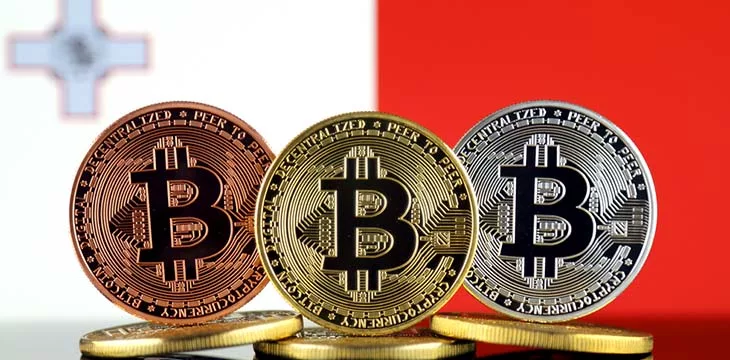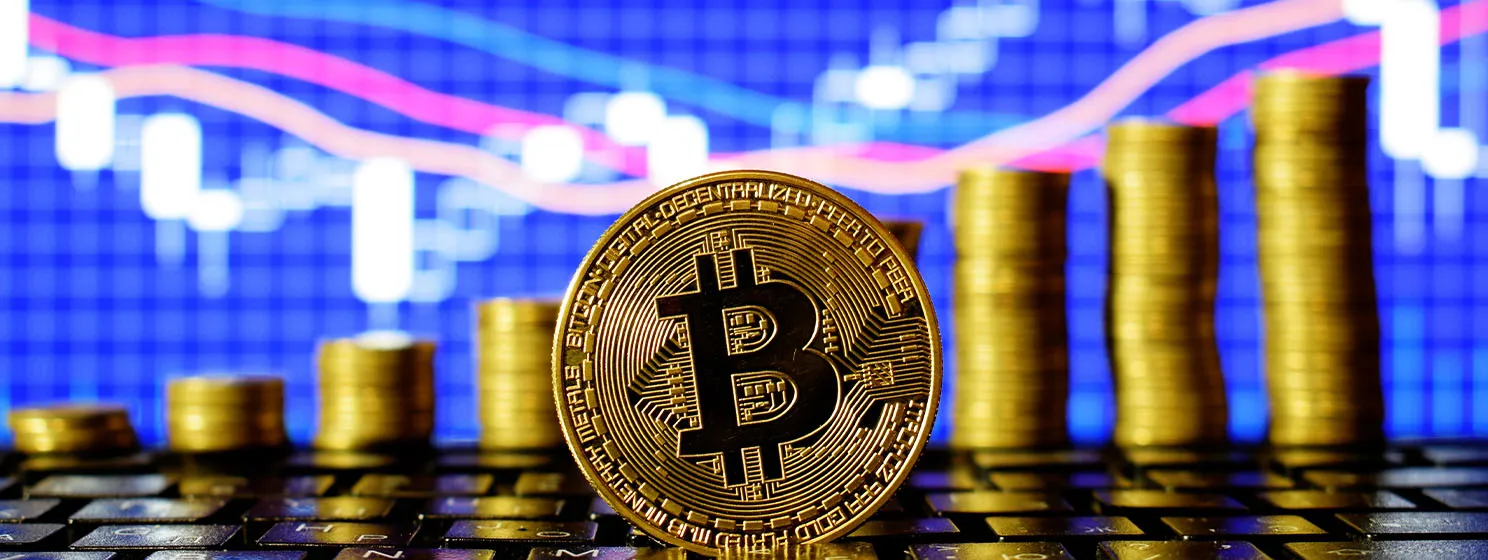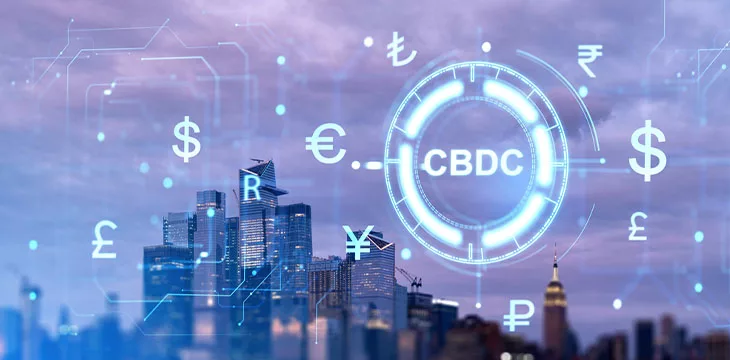
Malta
Concerns arise as Coinbase, Gemini set for EU licenses
Gemini and Coinbase could soon become CASPs in the EU, joining others previously granted licenses, which has raised concerns among...
TEA Malta Highlights: Transparent accounting for the digital age
The second TEA Conference took place in Malta, and auditors, inventors, and students attended the event, discussing the future of...
TEA Conference returns to Malta for second edition
The TEA Conference is set to return to Malta this April, continuing its vision of promoting a more transparent and...
Defining a single source of truth with triple entry accounting: UNISOT’s Torje Sunde on CoinGeek Backstage
Torje Sunde talked to CoinGeek Backstage about a paper he co-authored with Dr. Craig Wright that combines public blockchains with...
Triple Entry Accounting Conference 2023 highlights: Bringing a new accounting paradigm for the Information Age
The two-day Triple Entry Accounting Conference in Malta from November 10-11 saw experts present seven academic papers tackling emerging technologies...
Malta consults on revised digital asset rules to align with MiCA
The MFSA has launched a public consultation on proposed changes to its digital asset regulations to align them with the...

 07-06-2025
07-06-2025 






























